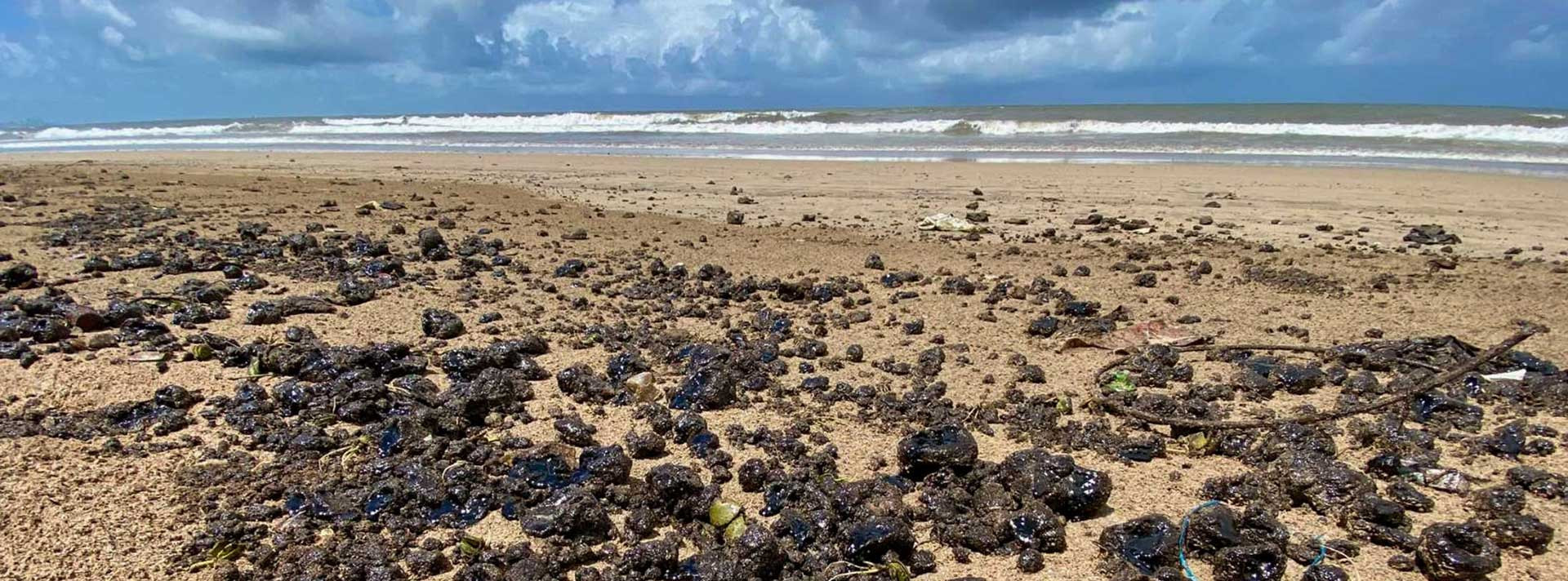National
COP27: A precious victory and the failure to raise the alarm loud enough
The 27th Conference of the Parties to the UN Framework Convention on Climate Change (UNFCCC) or COP27 came to an end on November 20, after a fortnight of difficult negotiations. The outcome? Parties agreed to set up a new fund to help developing nations address loss and damage from climate change. At the same time, environmentalists criticised the Sharm el-Sheikh meet for not calling out the failure to implement measures to keep the global temperature rise at 1.5ºC above pre-industrial levels and the developed nations for not doing more to cut greenhouse gas emissions. A widely demanded target for the peaking of global carbon emissions by 2025 was absent in the final report.
Read more: Paying for the loss and damage due to the changing climate | The Hindu
Srinagar records first sub-zero night of the season much ahead of time
On November 23, Srinagar recorded the first sub-zero night of the season as temperatures plummeted to minus 0.8 degrees Celsius. South Kashmir’s Pahalgam Hill Resort recorded the coldest temperatures as the mercury settled at minus 4.8 degrees Celsius. Kokernag was the only place in the valley where the minimum temperature stayed above freezing point. Winter in Kashmir has come early, as the harsh winter weather usually only sets in around the third week of December.
Read more: At minus 0.8, Srinagar records season’s first sub-zero night | Deccan Herald
Tarballs indicate oil spills and ship discharge along India’s west coast
A “seasonal phenomena” between April and September on the west coast of India is the surfacing of tarballs aka weathered oil blobs that are often remnants of oil spills. They can also be produced from natural seeps that are above petroleum reservoirs. Researchers contend that these tarballs result from crude oil spills or fuel discharge from cargo ships. The National Institute of Oceanography (NIO) said that it will study the tarball sources in collaboration with the Indian Coast Guard and the Central Pollution Control Board. It also has plans to design standard operating procedures to handle oil spills from all sources.
Read more: Tarballs on India's west coast indicate oil spills, ship fuel discharge | Mongabay India
More national headlines:
- Over 160-200 million Indians could be exposed to lethal heat waves annually: World Bank | The Hindu
- Trees to be planted in Haryana’s Aravallis to make for forest loss in Nicobar | Hindustan Times
You may also like to read
International
Great Barrier Reef “in danger”, concludes UN-backed report
The long-awaited report of the UN-backed 10-day mission to the world’s biggest coral reef system has concluded that the Great Barrier Reef should be placed on a list of world heritage sites in danger. The report states that climate change presents a “serious challenge” to the values that saw the reef inscribed as a global wonder in 1981. It also made 10 priority recommendations that needed to be addressed “with utmost urgency”. Their implementation can “drastically improve [Australia’s] ability to ensure and advance the conservation of the property,” said the report.
Vocal range of bats greater than Mariah Carey and Prince, finds new study
Researchers from the University of Southern Denmark have for the first time filmed a bat's voice box (larynx) as it produces sound. According to the researchers, most mammals have a vocal range of three or four octaves, while the normal vocal range of bats spans seven octaves. "Some human singers can reach a range of four to five, but they are only very few. Well-known examples are Mariah Carey, Axl Rose and Prince. It turns out that bats surpass this range by using different structures in their larynx,” said lead researcher Professor Coen Eleman. The findings of the study were published in the PLOS Biology journal.
Read more: Bats have greater vocal range than Mariah Carey and growl like death metal singers | Sky News









